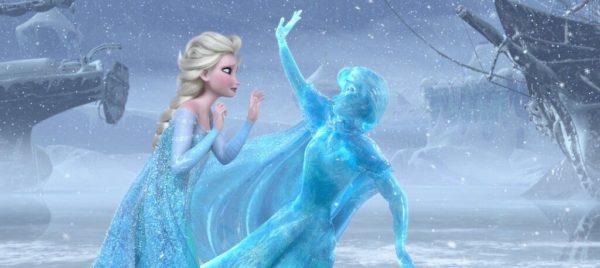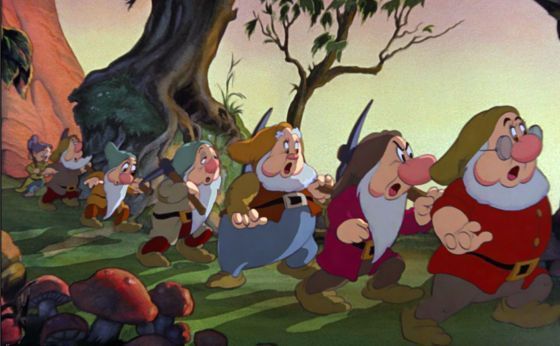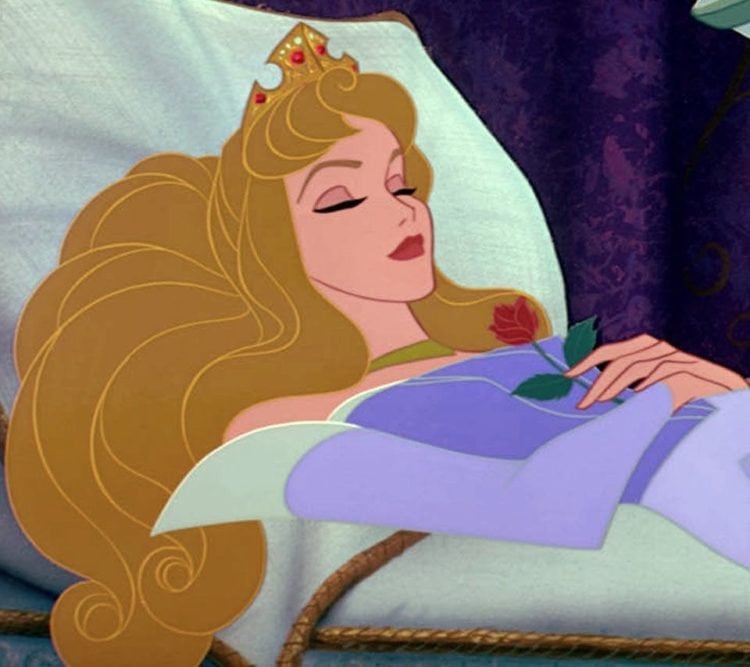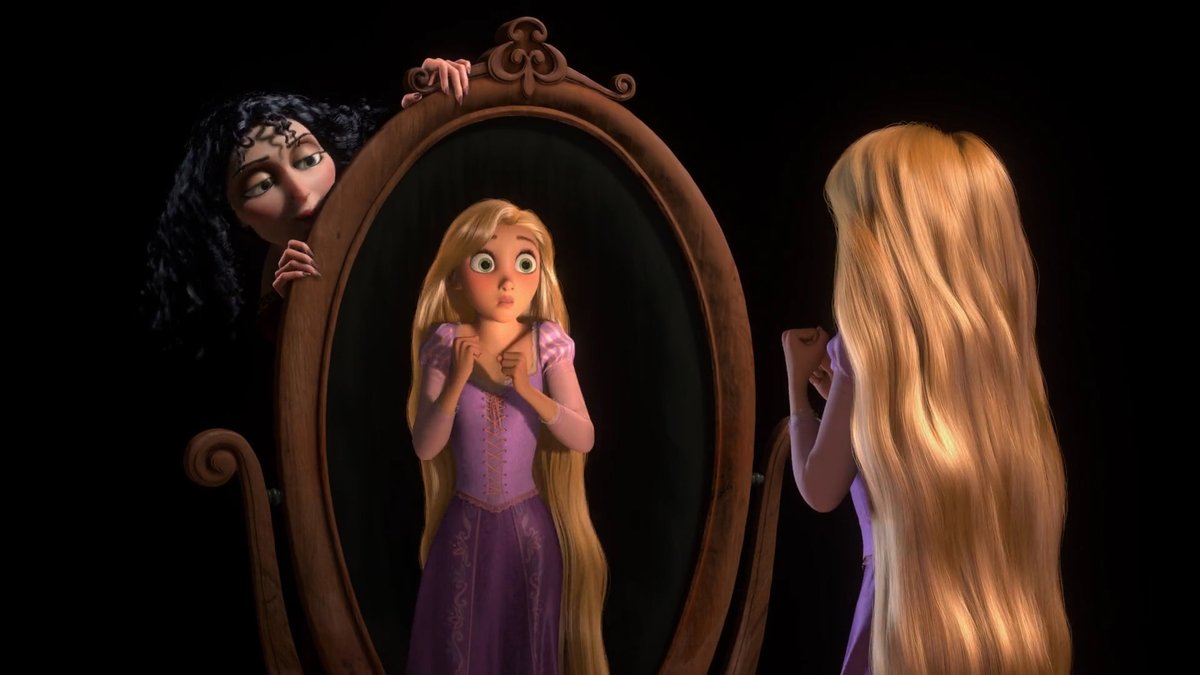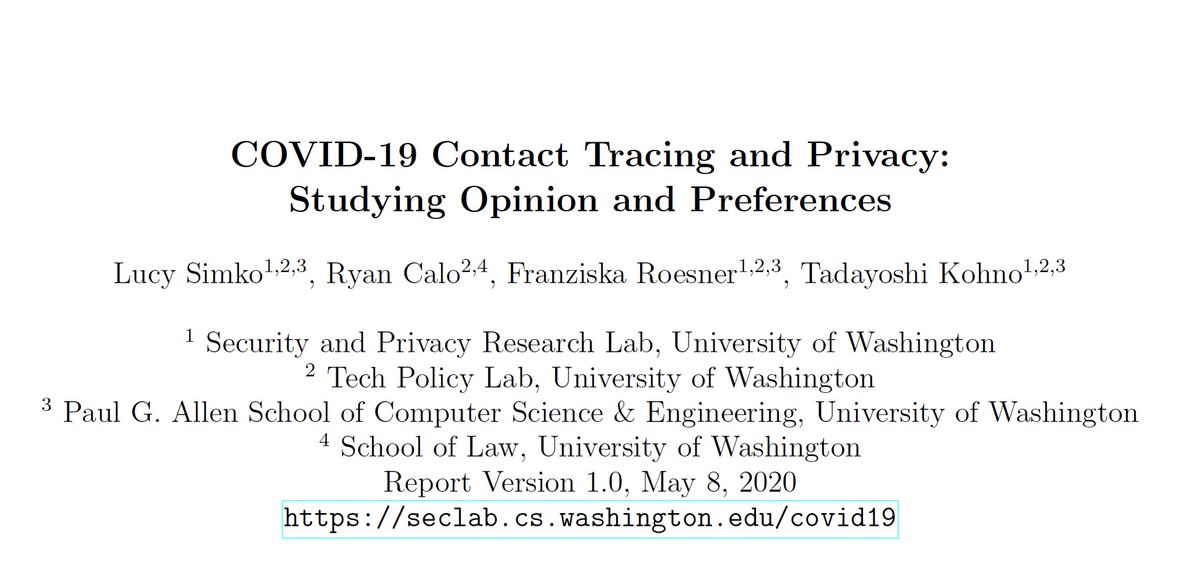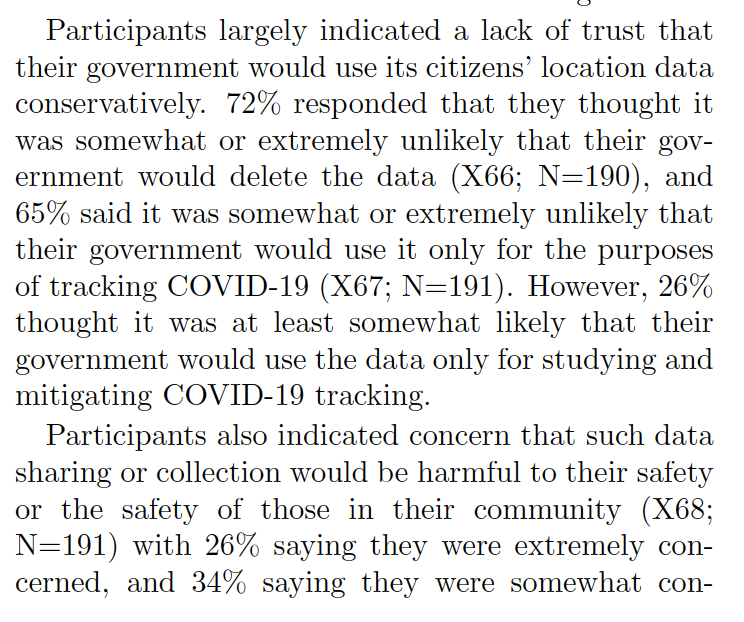
Zoom problems as Disney princesses, a thread.
Big thanks to my @UWSchoolofLaw torts class for some of these suggestion. What am I missing?
• • •
Missing some Tweet in this thread? You can try to
force a refresh

